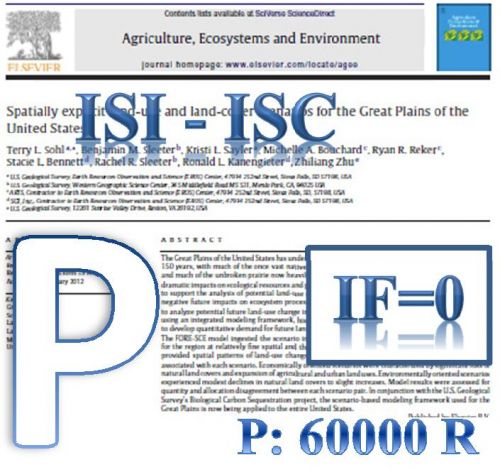The development of stable export is among the important and effective foundations of economic growth, having an undeniable role in the increase of production, investment, employment, and eventually social welfare. On the one hand, in today's unstable and competitive world, to be successful in world markets, it is necessary for export firms to have power for maneuvering in big competitive contests. In order to reduce the costs of exporters, protective export institutes can, through choosing a suitable strategy, play a very important role in the development of export markets and the promotion of the performance of exporters. Considering the importance of the position protective institutes and policy-makers have in the area of export of the country, the present research intents to examine the literature related to this issue. Having examined Tehran's export firms, the research presented a model which was framed in three areas: imported raw materials used for the production of export goods, the role of banking system in the country (in areas including working capital, real measurement of exporters' credit, decreasing the rate of bank's interest, and offering export stimuli) and eventually satisfying informational needs of export firms regarding foreign markets. The research findings show that all the three research hypotheses have important roles in the reduction of production costs, enhancement of firm's competitive power in foreign markets, and consequently an outstanding increase in export performance. The results of the study also show that "working capital" is the most important problem of the analyzed export firms with respect to export.
کلید واژگان :Protective Institutes, Export, Production Costs, Export Performance
ارزش ریالی : 1200000 ریال
با پرداخت الکترونیک
